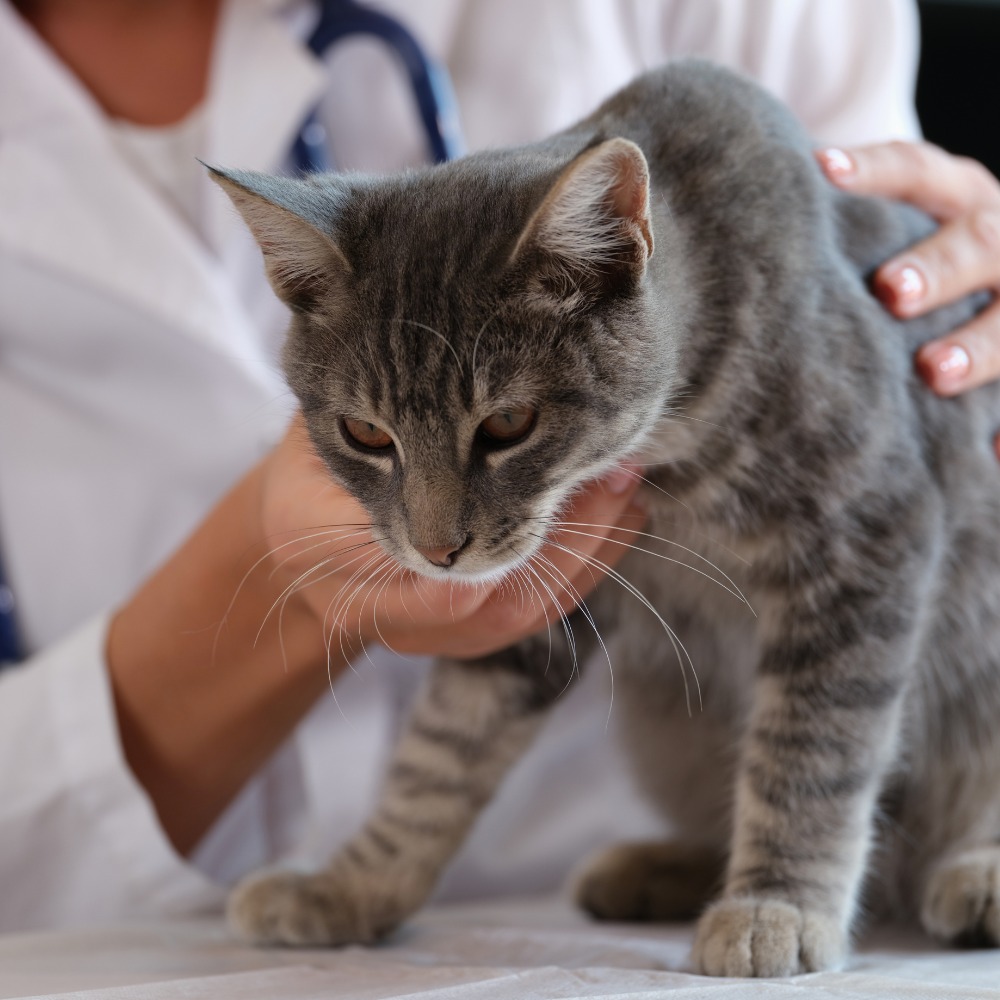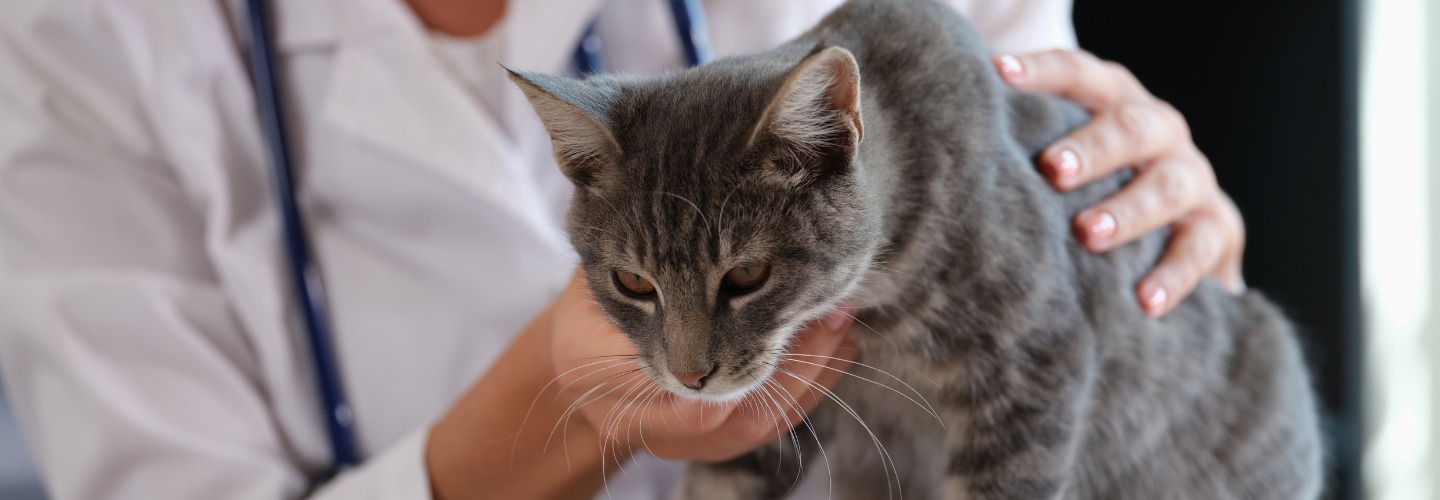As responsible cat owners, besides creating a comfortable living environment for our cats, it is also important to constantly be mindful of their safety and prevent them from accidentally ingesting toxic foods! After reading this essential guide for cat owners about the 5 harmful foods, you will significantly increase your awareness of your furry friend's safety! By understanding what foods are harmful to cats, owners can take necessary precautions.
1) Chocolate
Chocolate contains theobromine and caffeine, both of which are harmful to cats. These substances can cause increased heart rate, difficulty breathing, muscle tremors, and even poisoning in cats. Therefore, make sure to keep chocolate and products containing chocolate away from cats. During holidays like New Year’s and Christmas, when gift boxes are common, remember to keep chocolates out of reach of cats.
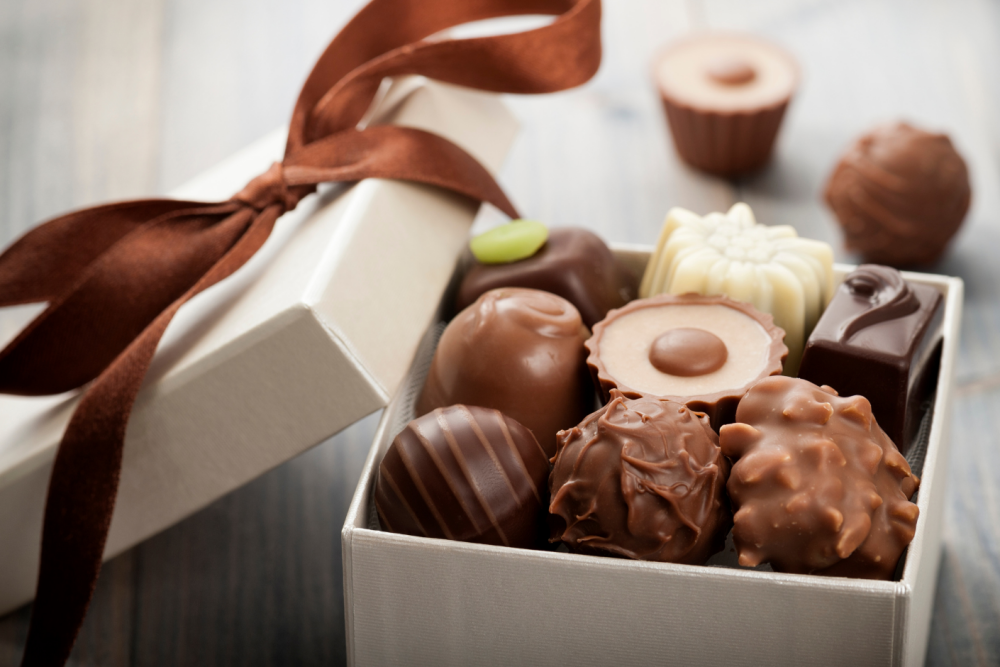
2) Onions and Garlic
Onions and garlic, commonly used as seasonings in human food, are extremely dangerous for cats. These seasonings can damage a cat's red blood cells, leading to poisoning, anemia, and other health issues. Whether raw, cooked, or in powdered form, it is crucial to avoid feeding onions and garlic to cats.
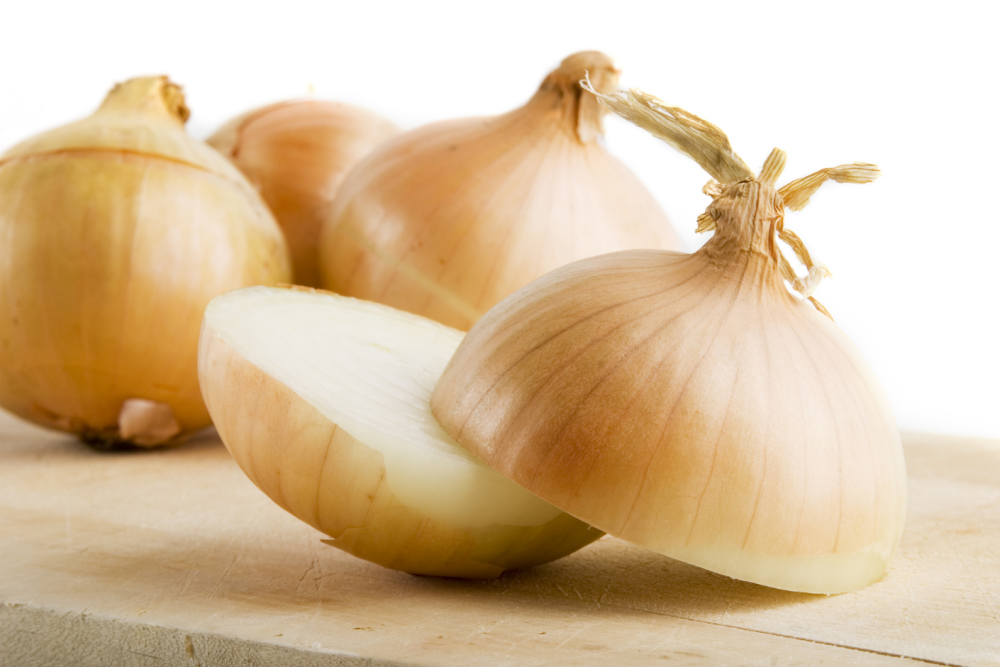
3) Coffee and Tea
Any products containing caffeine should never be given to cats. Caffeine can stimulate a cat's nervous system and cause trembling, vomiting, or diarrhea. Ingesting excessive amounts of caffeine can also lead to increased heart rate, difficulty breathing, and poisoning in cats. So, when you’re enjoying your coffee, be careful if you have a cat nearby!

4) Grapes and Raisins
Grapes are toxic to cats and can cause severe digestive problems, including diarrhea and vomiting. In addition, grape ingestion can result in lethargy, characterized by a lack of energy and overall sluggishness. In severe cases, it can even lead to acute kidney failure. Therefore, make sure to keep all grape-related foods away from cats. If you want to share fruits with your beloved cat, options like watermelon, apples and pears are safe choices, but remember to remove the skin and seeds.
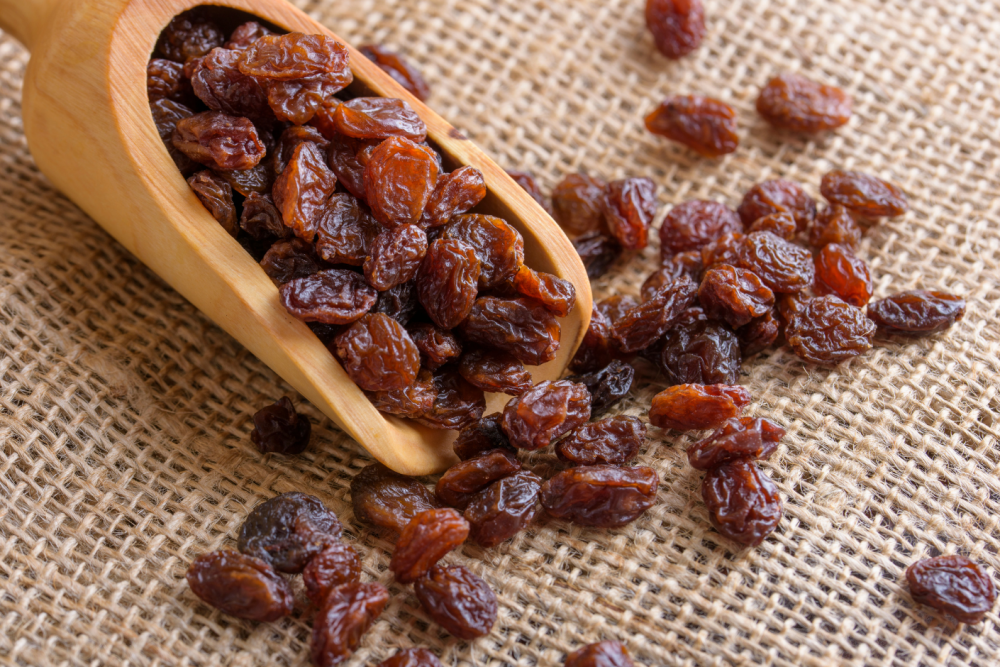
5) Milk
The image of cats drinking milk often appears in cartoons, but it turns out to be a big misconception! Milk contains a higher lactose content than cat milk, and cats' digestive systems cannot absorb milk properly, leading to diarrhea. As cats age, the enzyme (lactase) responsible for digesting lactose decreases, making it even more difficult for them to digest lactose in dairy products. Feeding cats high-lactose foods can cause symptoms such as bloating and gastrointestinal discomfort.

As caring cat guardians, it is essential to continually refresh our knowledge about cats, especially understanding things and behaviors that can be harmful to them. If your cat accidentally ingests something harmful, contact a veterinarian immediately for assistance. Identify and record any potentially harmful substances that it may have access to. If it exhibits symptoms like vomiting, remain calm and take note of the situation. If possible, take pictures of the vomit and the surrounding environment to help the veterinarian make a more accurate diagnosis.
About PET-A-HOOD
Our platform is a one-stop destination for the latest and the most comprehensive pet-related information. From helping you discover pet-friendly businesses nearby, to planning fun weekend activities, we are your trusted partner when it comes to curating a healthy and exciting lifestyle for your pet friends and you. We also encourage pet owners to build their Pet’s Social Community through Pet-a-hood, by exchanging pet-caring experience, pet-related news, and connecting with other pet lovers in the neighbourhood.
